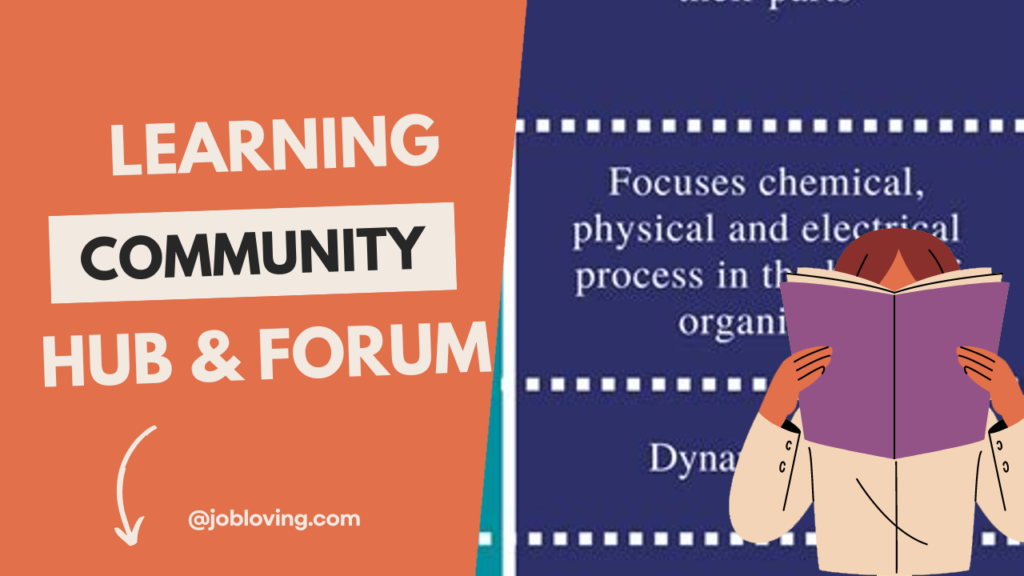Have you ever found yourself squinting at a textbook wondering if the human body is more complex than all the drama in your favorite soap opera? Anatomy and Physiology (A&P) can definitely feel that way! While many students dive into biology with relative ease, they soon discover that A&P takes the cake when it comes to complexity. So, how do these subjects stack up against each other?
The Short Answer : A&P is generally considered more challenging than general biology.
When comparing general major-level biology (typically around 200-level courses) to Anatomy and Physiology, many students find biology significantly easier. Why? Because biology often provides an overview of concepts, while A&P delves deep into the details of the human body, exploring the intricate functions of each system. In A&P, you don’t just learn about bones and muscles; you memorize every muscle’s origin, insertion, and action. Yikes! Talk about going beyond the basic 101!
So, while introductory biology covers a broad range of topics in a somewhat superficial manner, A&P takes those topics and magnifies them under a microscope. You may find yourself navigating through diagrams, understanding complex interactions, and keeping track of various organ systems. It’s a whole new ballgame that demands significant memorization and application. Just think of it as the ultimate trivia challenge where the stakes are nothing less than the secret functions of your body!
In conclusion, while both subjects are essential and fascinating in their own right, A&P is often viewed as the more challenging course due to its in-depth content and rigorous memorization requirements. If you’re looking to add more brain muscles, make sure you’re ready for the ride! And hey, if you have more questions or want to connect with fellow brainiacs, don’t forget to join the JobLoving community for all your academic needs!
Key takeaways about Is anatomy and physiology harder than biology?
Foundational Knowledge Requirements
- Anatomy and physiology often require a stronger foundational knowledge in biology to succeed effectively.
- Many universities recommend or require a biology background before taking anatomy and physiology courses.
- A solid understanding of general biology concepts is crucial for mastering anatomy and physiology material.
- Success in anatomy and physiology is often contingent upon prior coursework in general biology topics.
- College biology serves as a foundational course, ideally taken before anatomy or physiology classes.
Complexity and Focus of Subjects
- General biology courses typically cover broader topics, making them easier than specialized anatomy and physiology.
- Anatomy and physiology delve deeper into specific biological systems, presenting unique challenges for students.
- Students often find major’s level biology significantly easier than the complexities of anatomy and physiology.
- The detailed exploration in anatomy and physiology can overwhelm students unfamiliar with biological principles.
- Students may struggle with anatomy and physiology due to its focus on intricate biological details.
Memorization vs. Conceptual Understanding
- Anatomy requires extensive memorization of structures, making it potentially overwhelming for students lacking spatial skills.
- Physiology integrates anatomical knowledge with complex processes, often challenging students’ conceptual understanding of bodily functions.
- Anatomy emphasizes memorization, while physiology requires understanding of interrelated functions and homeostasis in the body.
- Memorizing hundreds of anatomical terms can be daunting, but interest can make learning easier.
- The challenge of physiology often lies in understanding dynamic processes rather than rote memorization alone.
Student Engagement and Personal Interests
- Individual interests significantly influence perceived difficulty in microbiology, anatomy, and physiology courses among students.
- Student engagement varies, as some find physiology interesting, while others struggle with its conceptual demands.
- Learning styles and individual strengths greatly affect how students perceive the difficulty of these subjects.
- Engaging with subjects of personal interest can enhance motivation and make learning more enjoyable.
- Perceived difficulty in anatomy and physiology can be mitigated by separating them from other challenging courses.
Educational Approaches and Teaching Methods
- Anatomy and physiology are often taught together, making them more relatable than microbiology for many students.
- Memorization in anatomy can be supported by visual aids and hands-on lab experiences for better retention.
- College biology covers diverse concepts, but its broad nature may lead to a shallow understanding.
- Microbiology’s complexity arises from its focus on unseen microorganisms and intricate laboratory techniques.
- Anatomy and physiology courses are designed to build upon knowledge gained in general biology classes.

